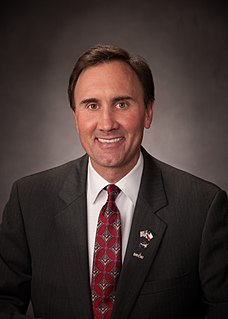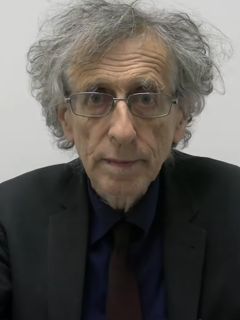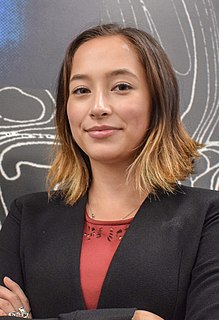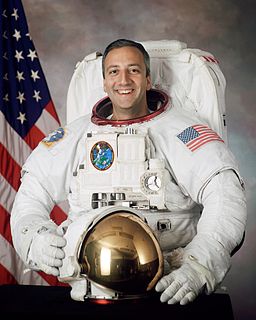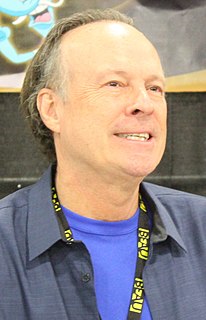A Quote by Shannon Walker
My degrees are in physics and space physics, and I did well enough in university that I actually started working at the Johnson Space Center in Houston, Texas, as a robotics flight controller right after college.
Related Quotes
Growing up in the shadow of Johnson Space Center and moving to Texas to welcome our last moon mission home, I wanted to be an astronaut. Combined with my love for Navy history and World War II flight ops, and unsatisfying degrees in college and law school, I joined the Navy and became a naval aviator.
It is going to be necessary that everything that happens in a finite volume of space and time would have to be analyzable with a finite number of logical operations. The present theory of physics is not that way, apparently. It allows space to go down into infinitesimal distances, wavelengths to get infinitely great, terms to be summed in infinite order, and so forth; and therefore, if this proposition [that physics is computer-simulatable] is right, physical law is wrong.
I gained a first class degree in Physics at Imperial College London in 1968 and did research in solid state physics, but did not pursue meteorology matters until gaining an M.Sc. in astrophysics from Queen Mary College London in 1981, after which I investigated and attempted to construct theories of solar activity.
Why did I want to be an astronaut? That's not an easy question to answer because I know a lot of kids want to be astronauts when they grow up but it stuck with me and I think just maybe growing up in Houston and always having the astronauts and the Johnson Space Center in my backyard, I was always aware of the space program.
When I was in college, I didn't like physics a lot, and I really wasn't very good at physics. And there were a lot of people around me who were really good at physics: I mean, scary good at physics. And they weren't much help to me, because I would say, 'How do you do this?' They'd say, 'Well, the answer's obvious.'

